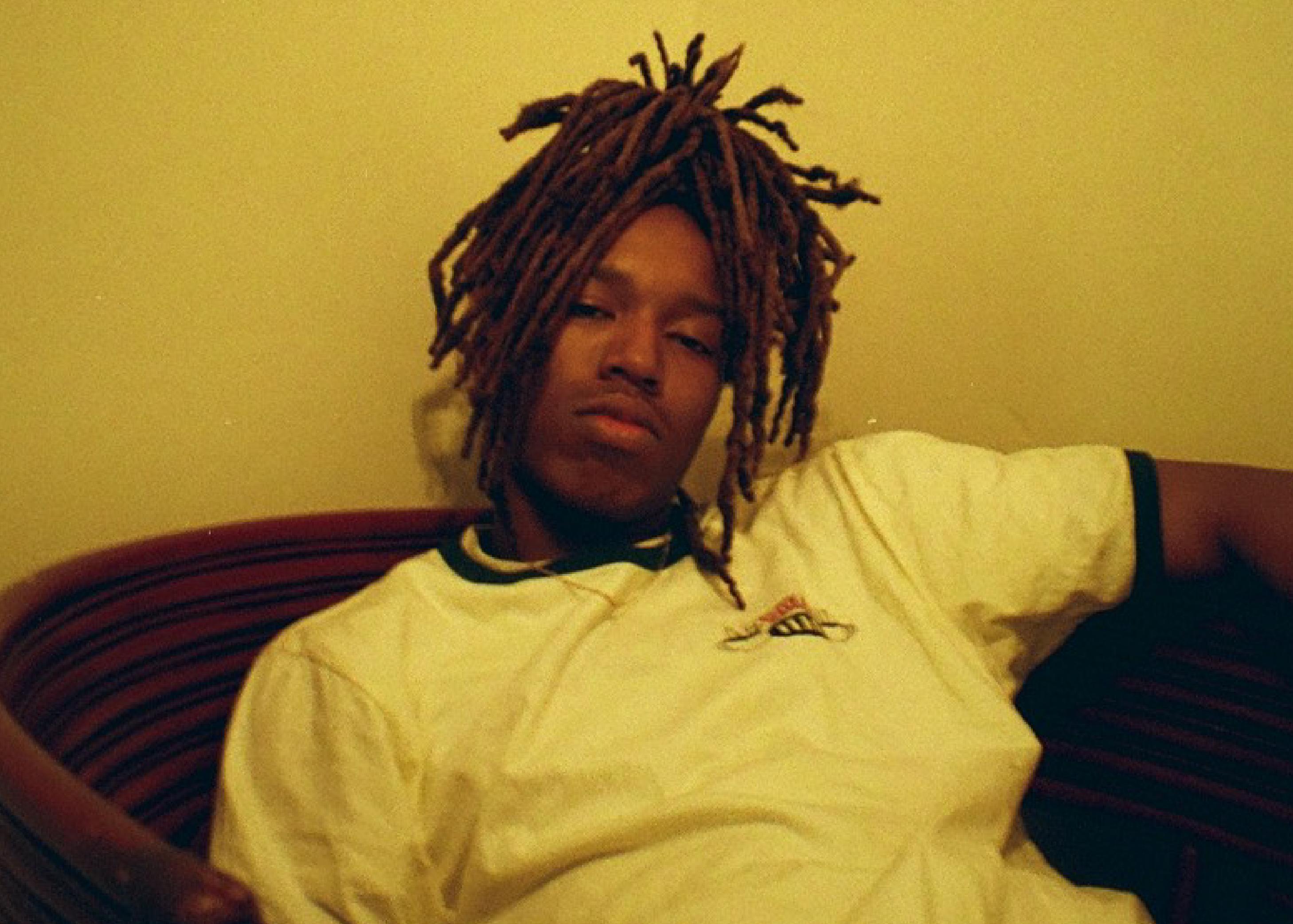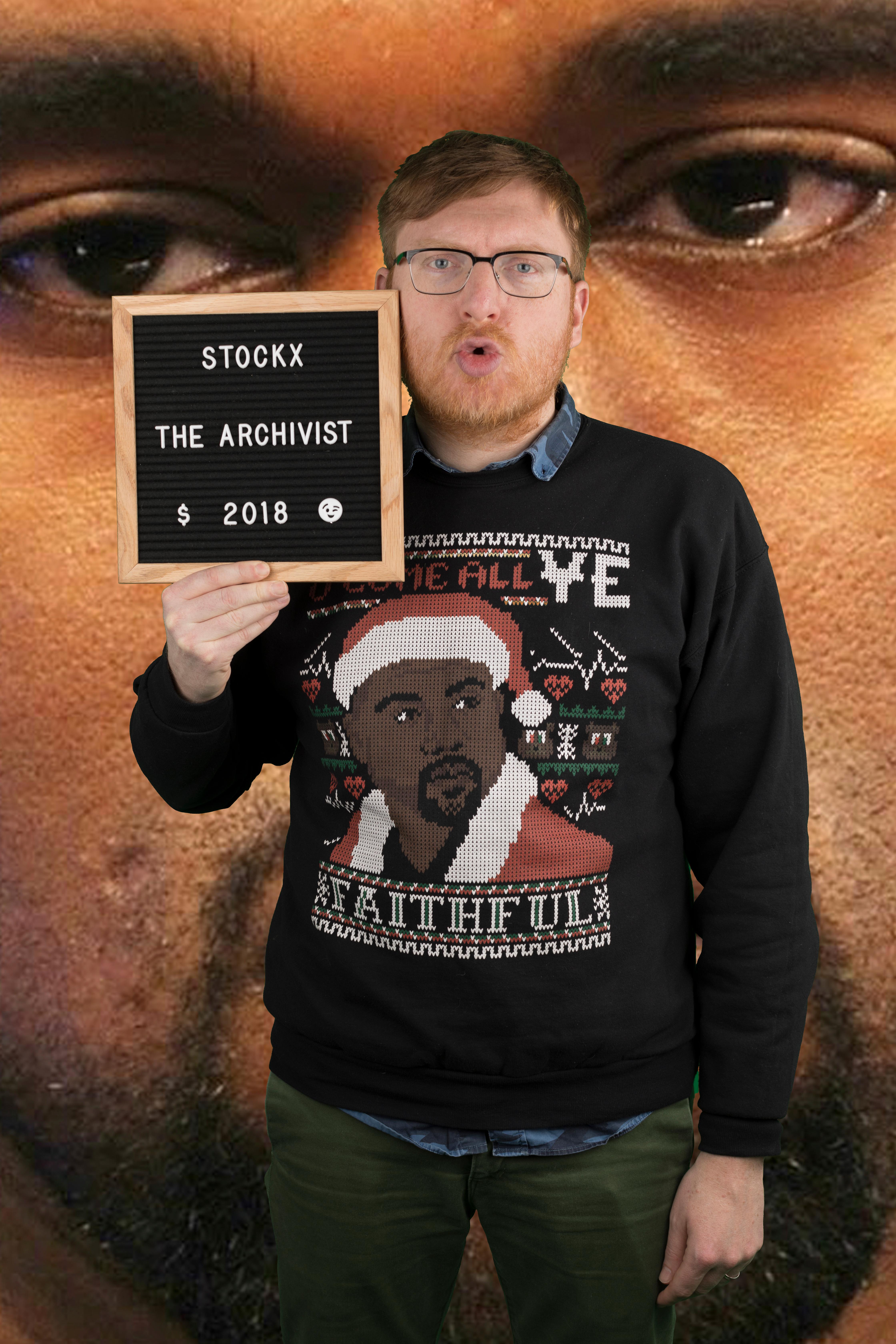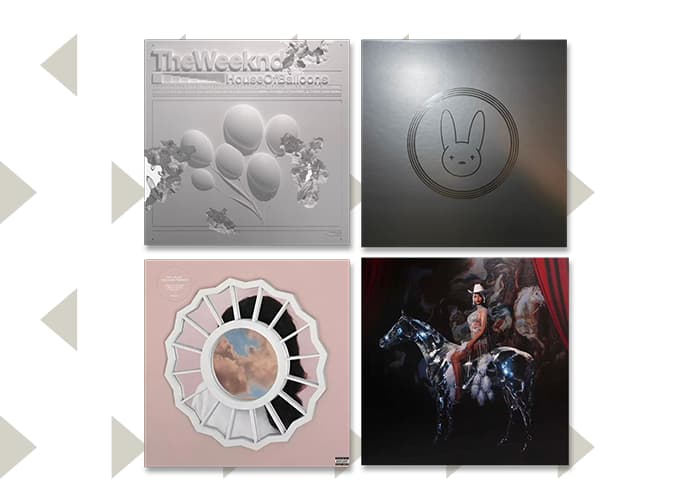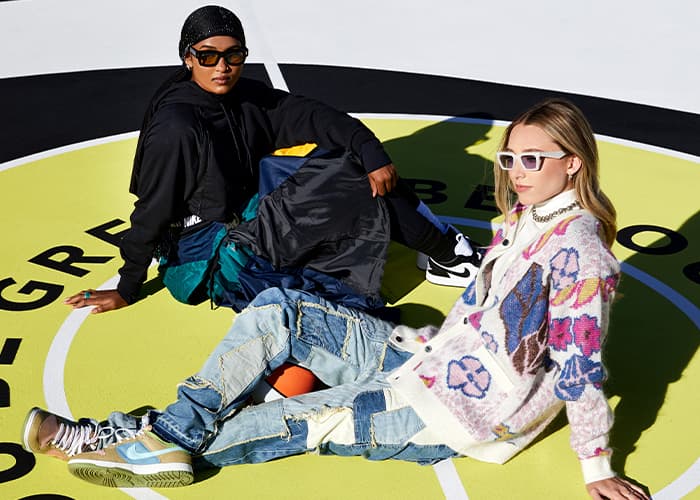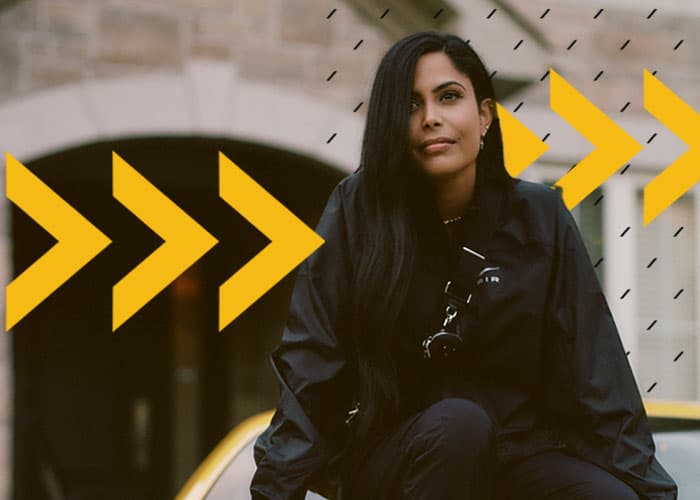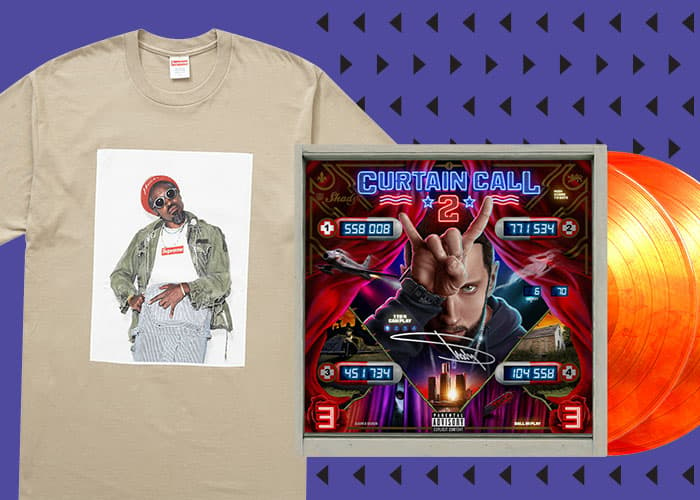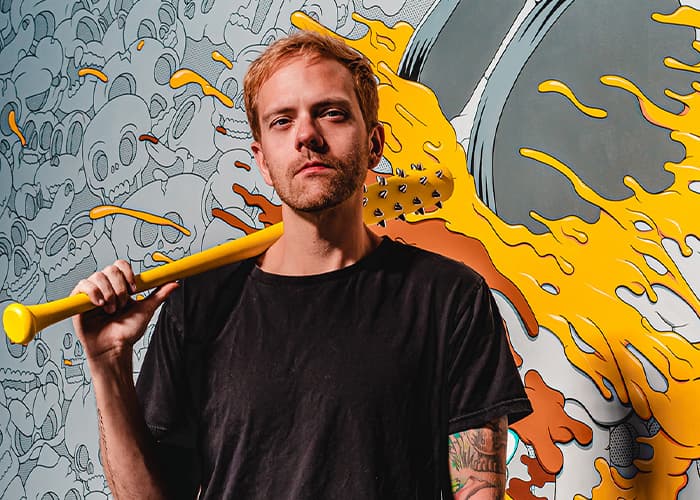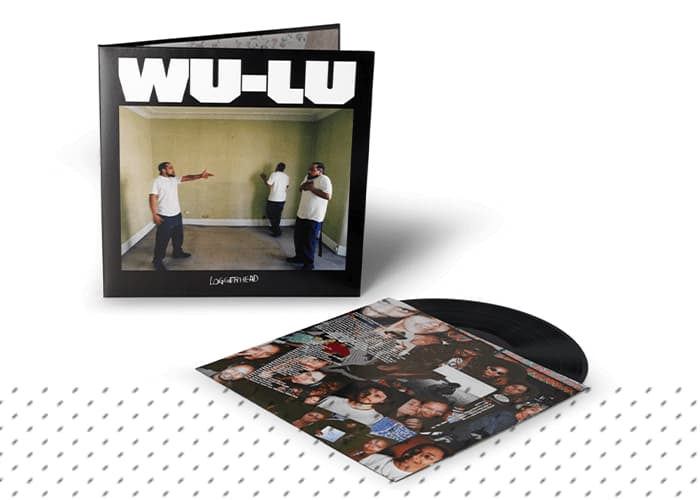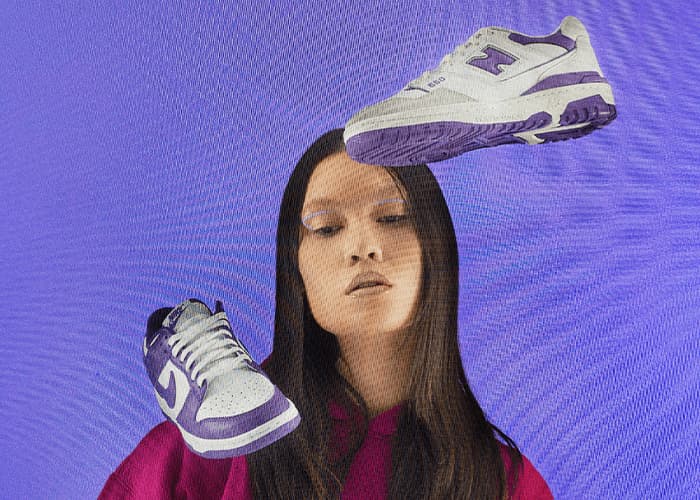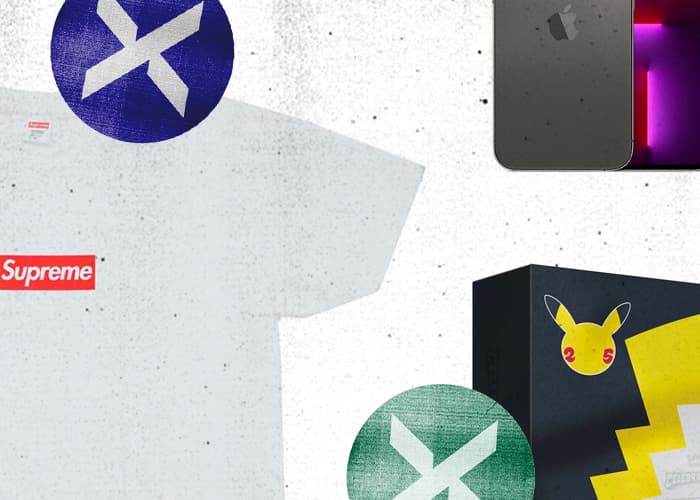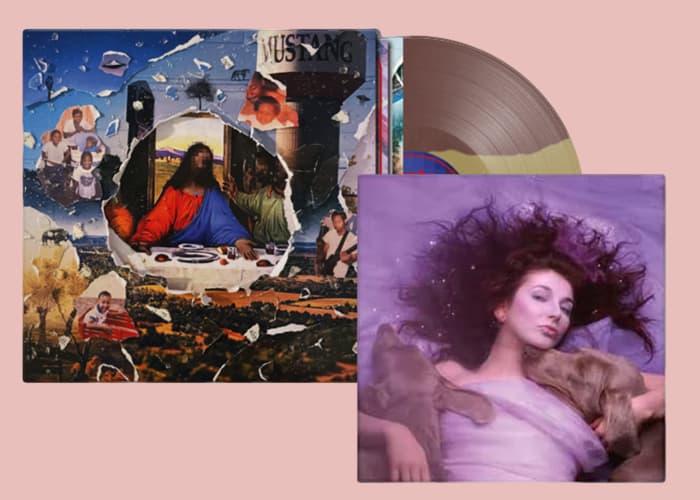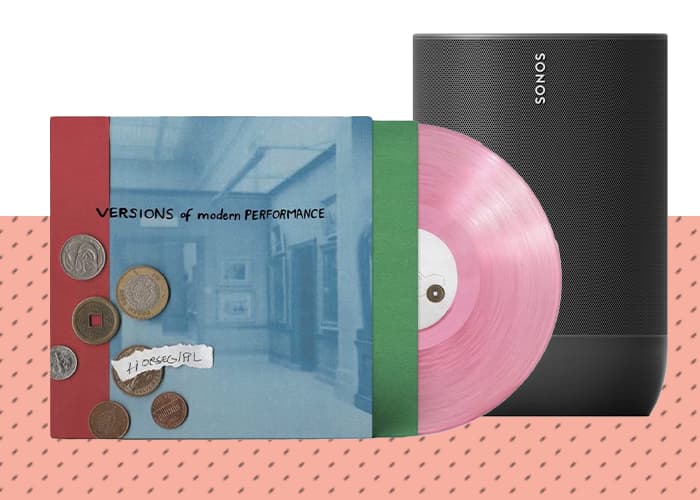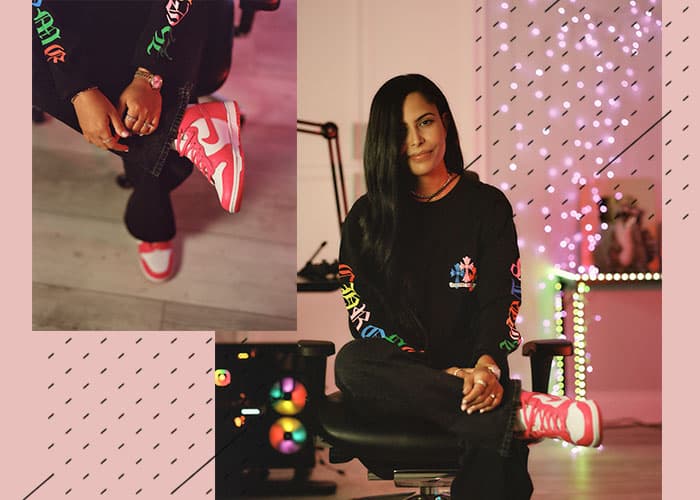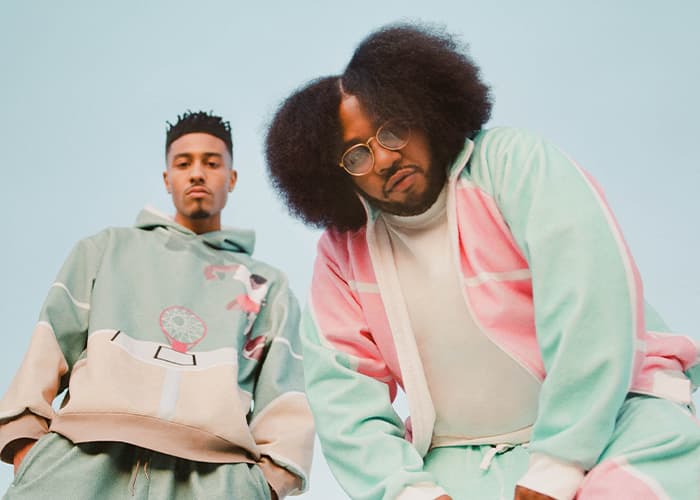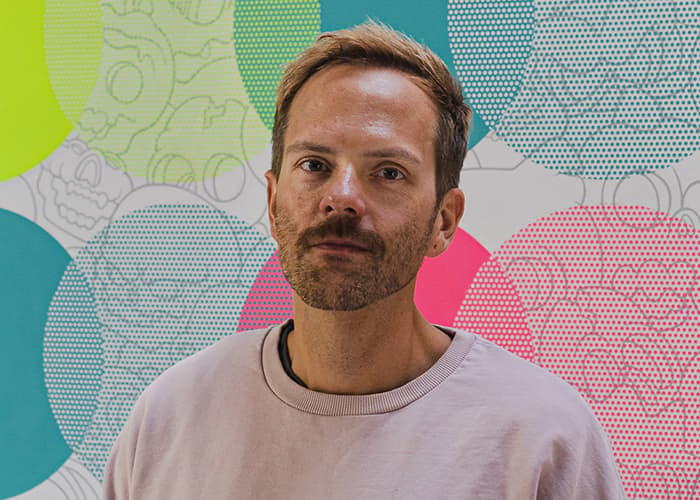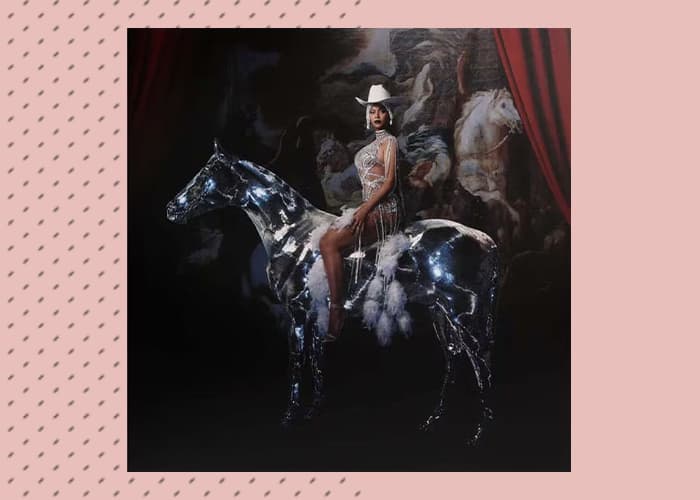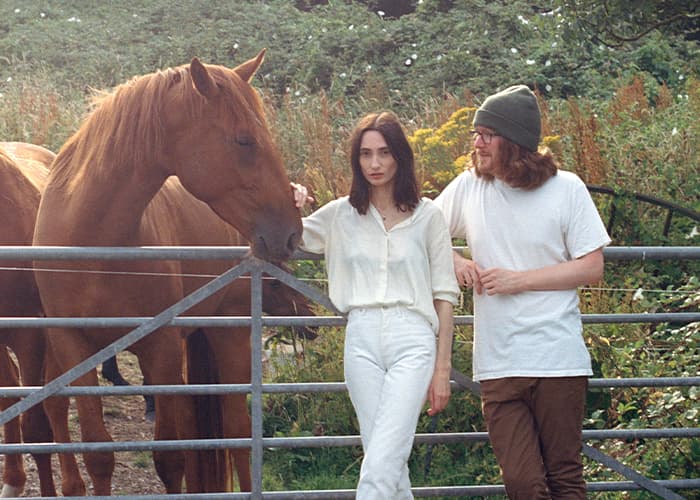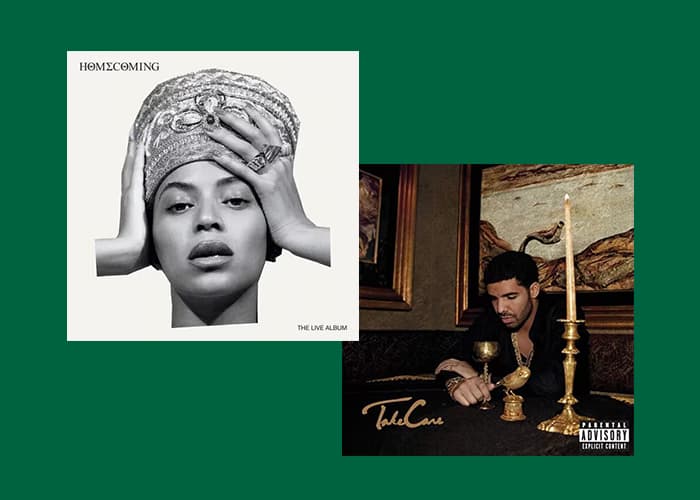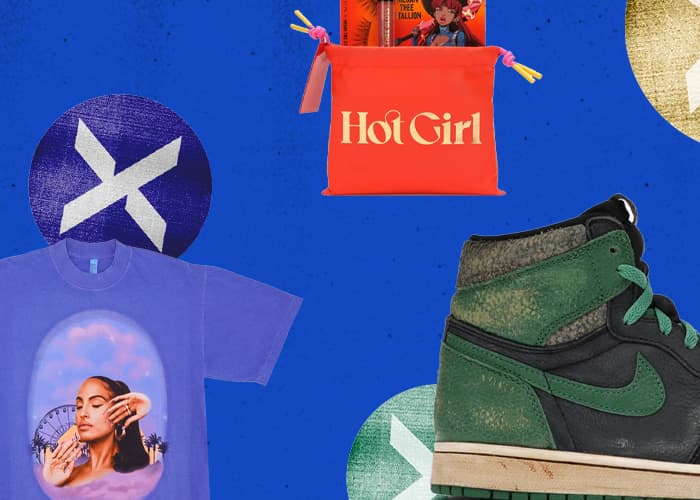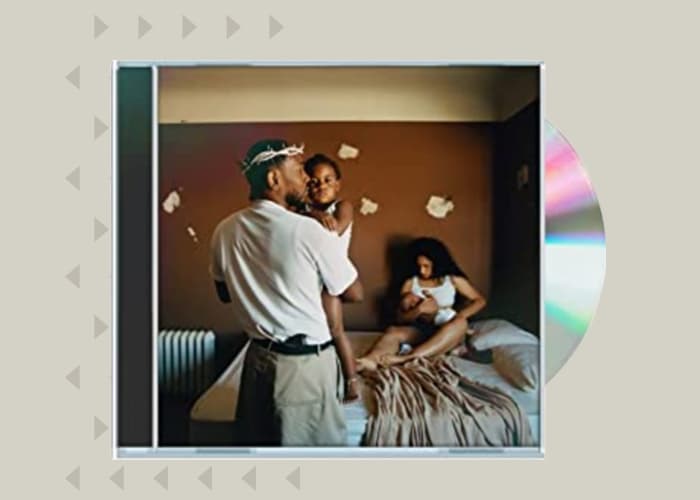Omavi Minder, better known as the Charlotte-born, Washington, D.C.-based rapper, MAVI, is in the early stages of putting together a remarkable career as an MC and artist emulating the likes of Public Enemy, Dead Prez, and KRS-One. Historically, and culturally-minded, MAVI’s debut album Let the Sun Talk was an exploration and explication of what it means to black and advocate for black liberation in contemporary America.
We recently connected with MAVI and discussed mythology, the Soulquarians, why the Jordan 17 is underrated, and more for this installment of That’s 5.
The following has been lightly edited for length and clarity.
StockX:
What influences you?
MAVI:
Charlotte. My friends. The people I grew up with and rapped with: my brothers in KILLSWITCH—also TV, movies, psychology, and mythology—like comparative mythology. I like to look at the Venn diagram of spiritual practices, to try to understand the real nature of how this shit is. I like physics, fractal physics, all types of shit, really. It’s just me trying to translate a singular idea, like the idea of a wave or the idea of a fractal, or something geometrical into a spiritual idea and into its real-life vision and then into some lyrics, you know, then back-and-forth.
All of this, I think, is a natural inclination because growing up as a young n***a, I was informed by cultural movements: like the neo-soul movement, like the Soulquarians movement, like Jill Scott, Erykah Badu, Mos Def, and Common, like that wave. They had a bunch of strong cultural influences surrounding them. They were well versed in reggae; they understood soul, they understood disco, they would try everything. And basically, that kind of perspective allowed them to develop a blanket aestheticism and then a functional art. That’s what I try to do and emulate how I do shit as a grown man.
StockX:
What’s the most overrated?
MAVI:
The thing that’s overrated is America. America is way overrated.
StockX:
What’s the most underrated?
MAVI:
I still think a good DJ is underrated. The Jordan 17 that came with the briefcase and the damn little CD. The 2009-2010 Orlando Magic is underrated. I’m underrated. All types of shit are underrated. DG Yola out of Atlanta, he made that one song, “Ain’t Gonna Let Up.” He’s underrated. And one other thing that’s underrated: self-adornment [laughs].
StockX:
What are you most excited about right now?
MAVI:
My next album, which I’m wrapping up right now. I’m excited about all the ways I’m going to be able to try new shit, artistically and sonically, after the album comes out. I feel like every time you drop a new album, your discography restarts. So you gotta kind of show people who would have loved songs that you made from before everything that you can do and continue to update and shit to continue to earn your keep. I feel like it’s so much shit that I earned and did well, but there’s so much more shit for me to attempt. I’m just excited for opportunities as well, as an artist, and to just have fun with this shit.
StockX:
What’s next for you?
MAVI:
A whole lot of new shit: a whole lot of new music, new visuals, new vibes, and new logos. More permutations of like the shit that made people excited for me in the first place. And also I’m doing mad collaborations with people nobody would expect.
StockX:
Bonus question: listening to your music and going back and reading some of your previous interviews, you talk of striving for black liberation as something that’s central to you as an artist and as a person. How does the act of making art offer the possibility of black liberation? How does doing what you do offer the possibility of personal and collective liberation?
MAVI:
It allows me to accumulate and mobilize land, labor, guns, and entrepreneurship as a black person. As an artist, the act of continuing to go and conduct business and do new shows, whatever, allows me to secure and mobilize those things I already mentioned. As far as the music itself, it’s always been super important to black liberation. A lot of the first songs we were making since we were brought to American have always been about getting free. So music has always been the opportunity to talk about freedom, to be a language, right? And language for rappers is connected to the history of the griots, and rapping is the black American version of the roots.


